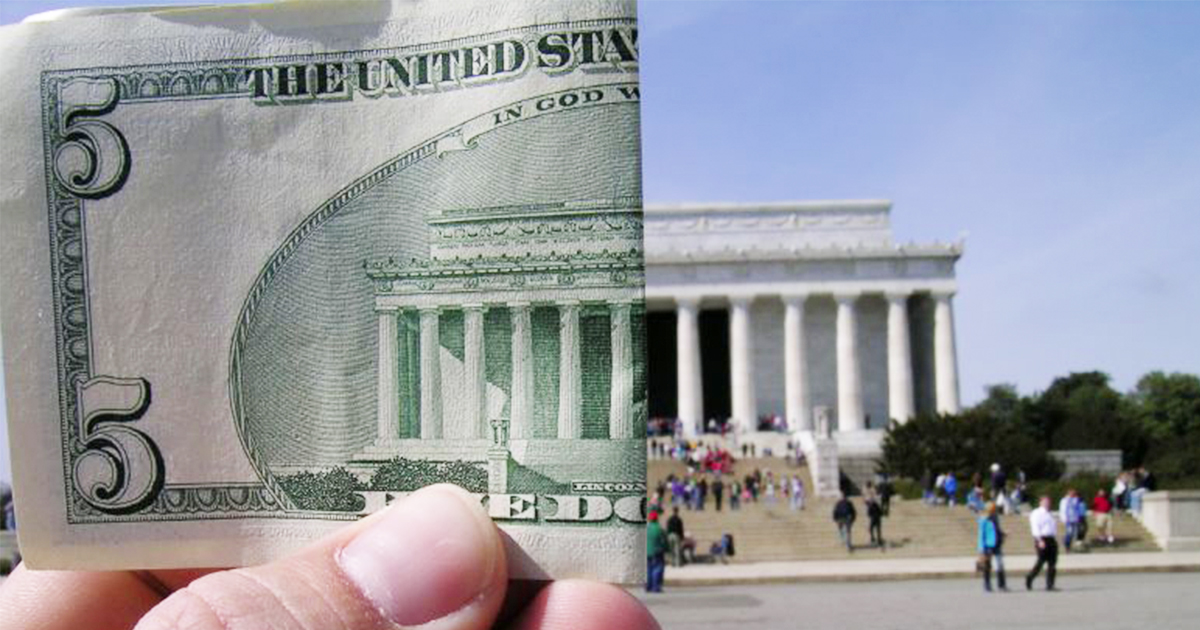The Federal Government is Sending Signals That It's About to Let Down People With Student Loans

By:
President Donald Trump's Department of Education is suggesting that public servants who should qualify for the student loan forgiveness may be ineligible after all.
 Flickr/zieak - flic.kr
Flickr/zieak - flic.kr
In a March legal filing, the DOE said that thousands of approval letters for the Public Service Loan Forgiveness (PSLF) Program can be rescinded at any time, according to a report by Stacey Cowley at The New York Times. The letters are sent by FedLoan Servicing, the program's administrator.
Essentially, this means that 550,000 public servants who were told their loans will be forgiven after 10 years of service may actually have to pay that money back.
Right now, the Public Service Loan Forgiveness (PSLF) Program says that after 120 "qualifying monthly payments" on an Income Based Repayment Plan, which would be 10 years, public servants can have the remaining balance on their loans forgiven.
The program started in 2007 and the first batch of borrowers should be eligible for forgiveness this year. However, a report by Brookings Institute in September last year said that the PSLF Program grew much more rapidly than expected and that the costs are "skyrocketing," which could be a potential reason for the DOE's signals about changes in eligibility.
Ricardo Arroyo, a 29-year-old public defender in the Boston area, said that if he doesn't receive loan forgiveness he may not be able to pay back his loans from law school. He said he's served nearly three years of the 10 years required in the program.
"So I would probably still be doing what I'm doing, but I certainly would not be able to pay my loans back in full," he said. "That's never going to happen at this point with a public interest career."
Arroyo, like many other people on an income driven repayment (IDR) plan, only pays the minimum payments, which keeps the monthly payments low, but increases the total amount of the loan because of interest.
"The Department of Education even tells you that you should just pay your minimum payment, and I've been simply following the plan with idea that it would be forgiven at 10 years," he said. If Arroyo loses his eligibility for loan forgiveness, he said it will probably change the life decisions he makes in the future.
"Financially it would probably mean I won't be buying any property any time soon or possibly ever," he said. Even with a steady job and a good credit score the sum of his student loans has already affected his ability to finance.
"Creditors just don't understand income based repayment, so even when I was getting a vehicle with a job and with a credit score that was in the 700s, I needed a cosigner for that car, " he said.
ATTN: talked to Natalia Abrams, the executive director of Student Debt Crisis, a non-profit dedicated to student loan reform, about the PSLF. Abrams said that the program has always been confusing.
"Through my years of talking with borrowers, I've talked with a lot of people who found out they weren't in the right loan for eligibility but their servicer never informed them," she said. "Police officers and teachers have had applications denied. There were people being denied, and who are still being denied, and they have to go through a process to get it fixed."
Abrams said that usually once borrowers are in a program like the PSLF, they should receive the original benefits, even if there are changes later.
"We've been largely taught that if you're in a program you're safe," she said. "That's why with the IDR plans, more people should enroll because if they were to get rid of them, those in the program should be grandfathered in." However, Abrams said that in light of the DOE's suggestions about loan forgiveness, there are no definitive answers for the future of student loan programs. "To be honest, right now, nobody knows."
